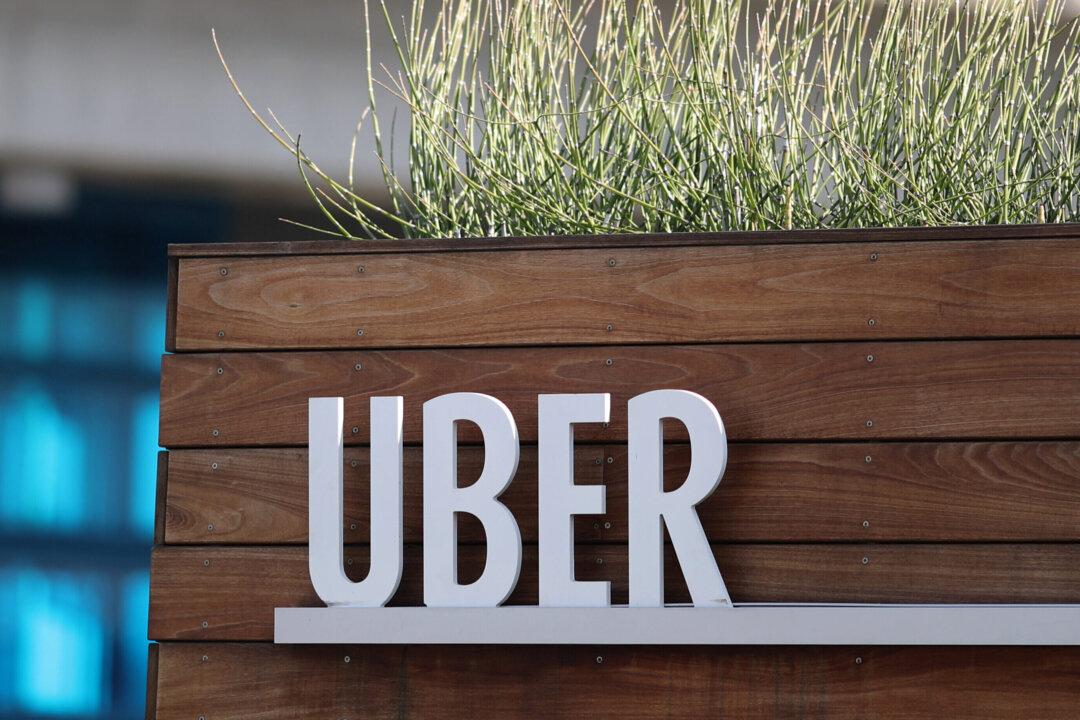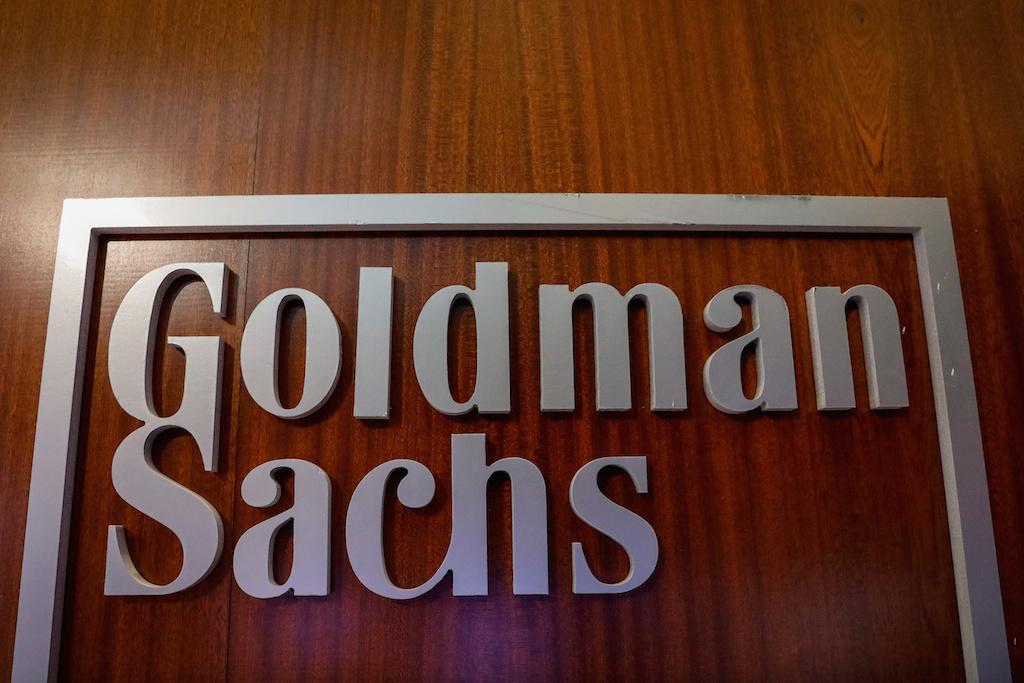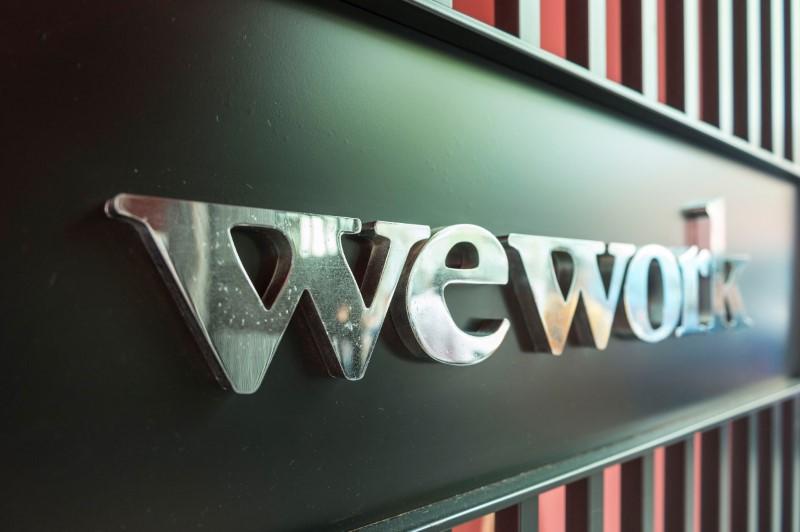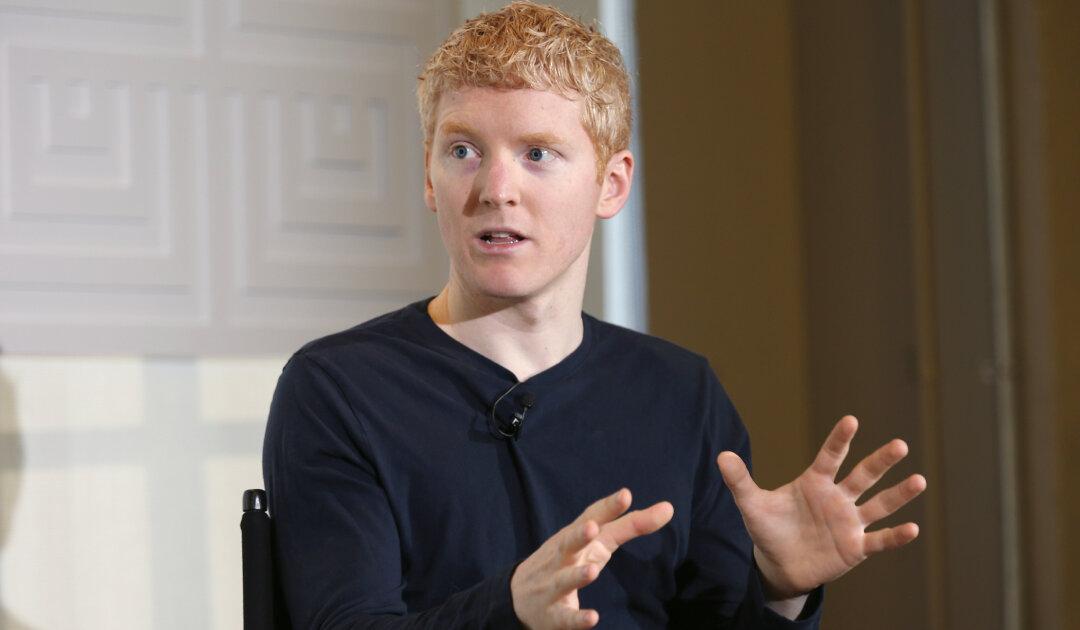Uber Technologies Inc. Chief Executive Officer Dara Khosrowshahi has cut the largest deal of his tenure, buying Middle Eastern ride-hailing competitor Careem Networks FZ for $3.1 billion.
Uber will pay Dubai-based Careem $1.4 billion in cash and another $1.7 billion in convertible notes when the deal closes, the two companies said in a statement. They are seeking regulatory approval in the 15 countries where Careem operates. Bloomberg had previously reported some details of the deal, which is expected to close in the first quarter of 2020.




